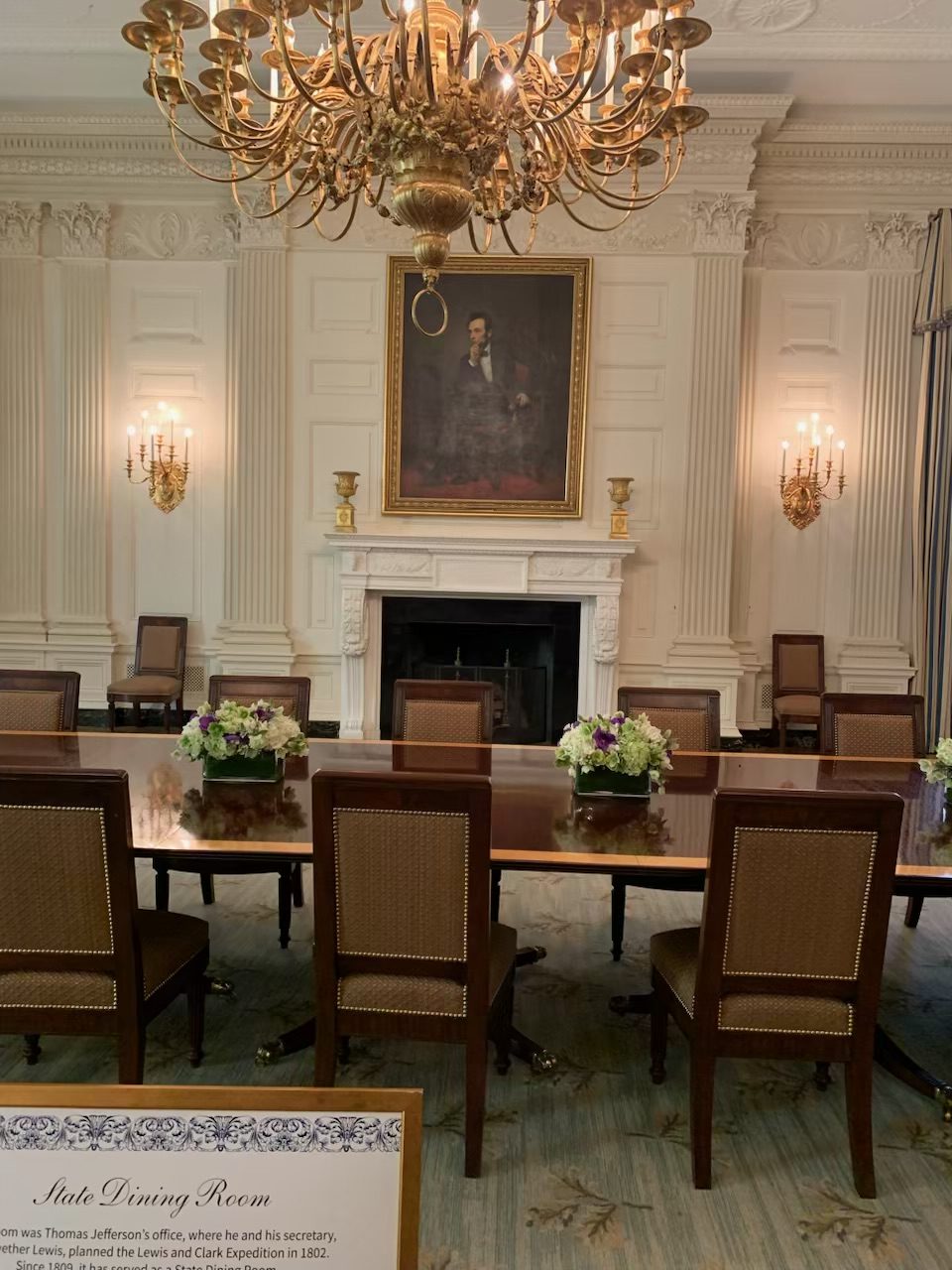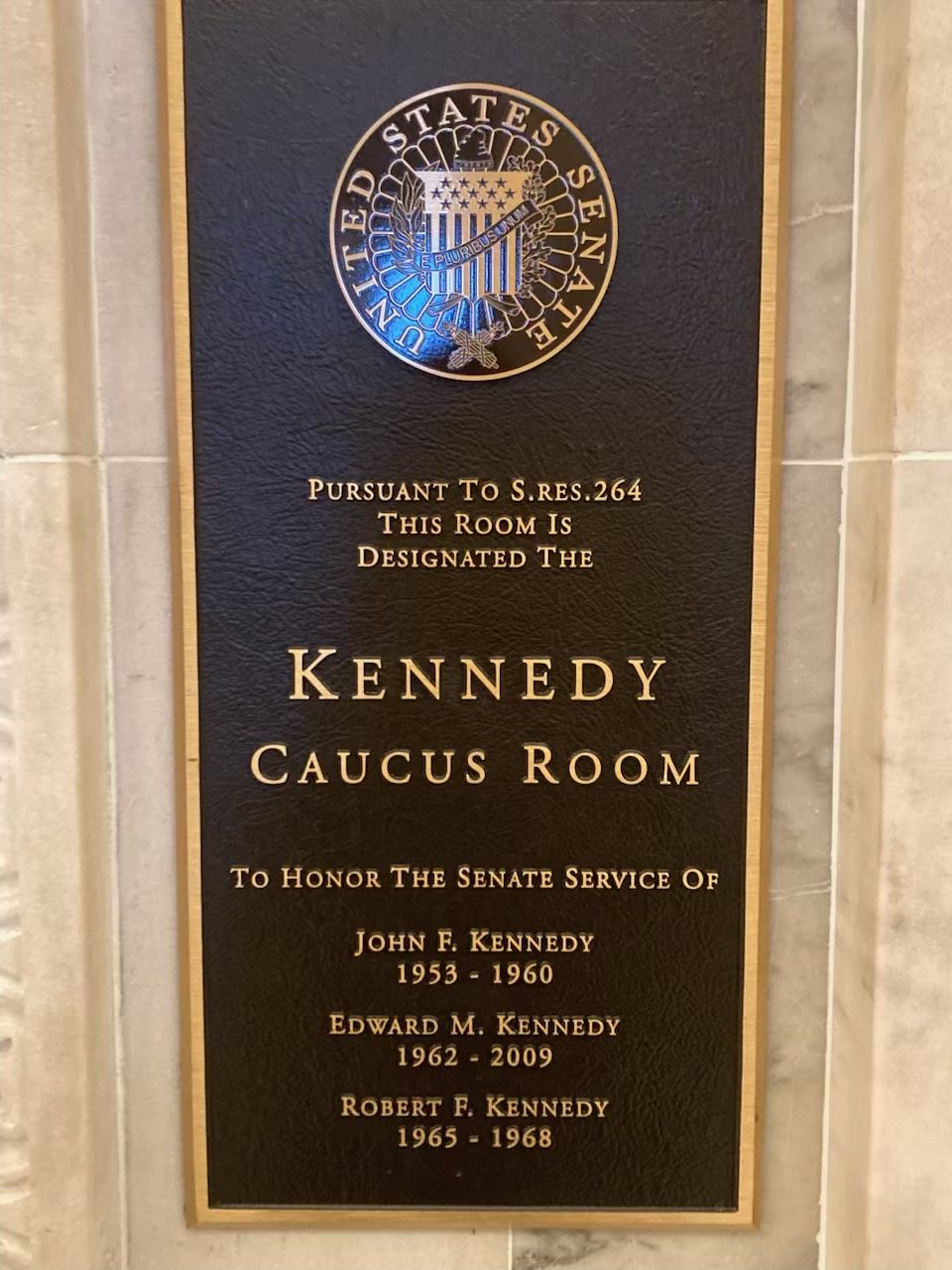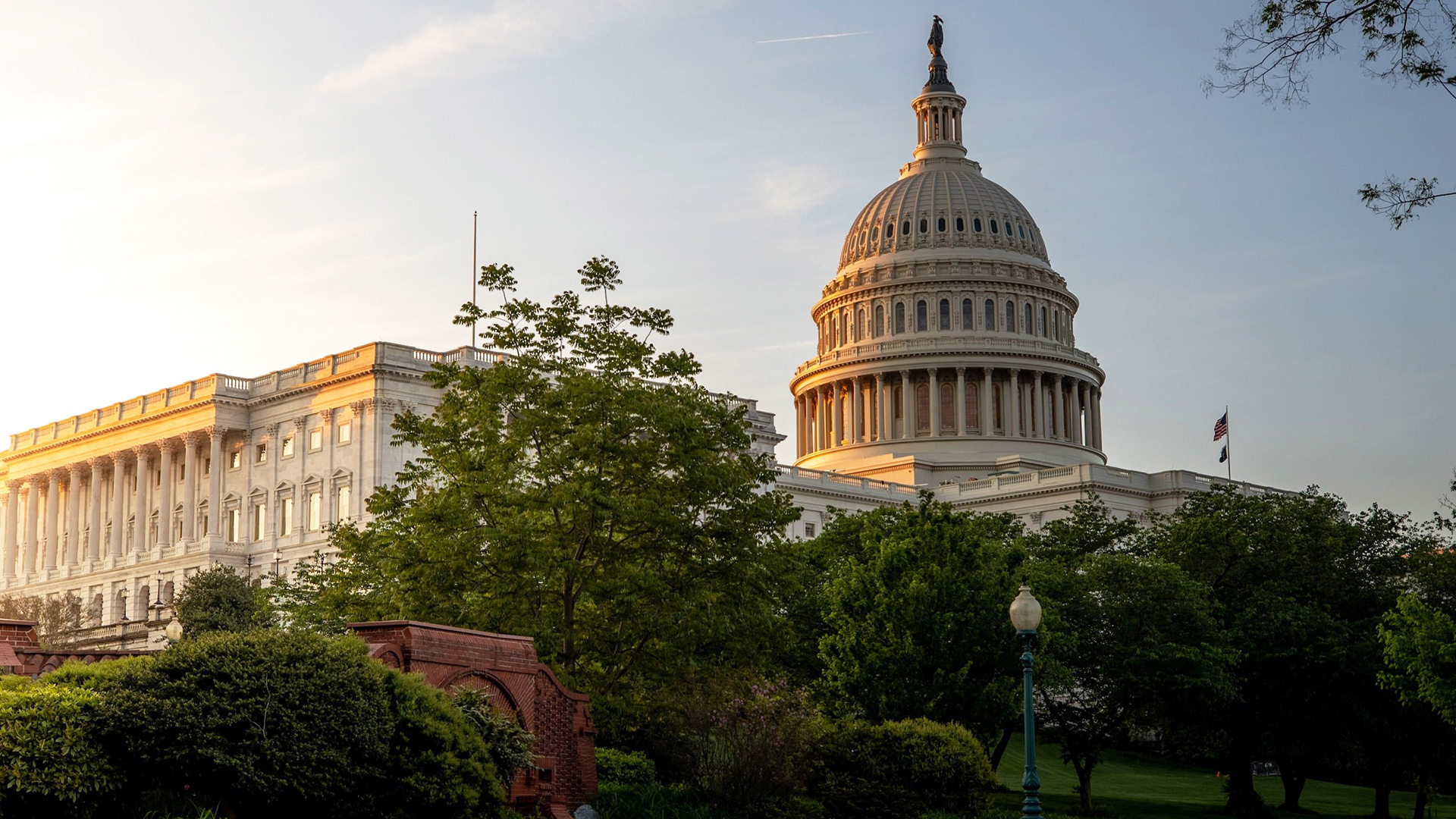Should Politicians Have Age Limits?


Proponents of age limits pose that by introducing younger individuals into the political sphere, fresh perspectives and energy can be added to our system. Younger representatives are more likely to understand and empathize with the current issues, reflecting the needs and concerns of current society. Their adaptability and up-to-date knowledge can potentially result in better-informed decisions and greater efficiency in addressing the challenges of our time.
Conversely, opponents of age limits maintain that older representatives bring a deeper understanding of government and a wealth of knowledge accumulated through years of service. This wisdom and experience make them invaluable assets to Congress. Currently, the age requirement for the United States Congress is 25 for the House of Representatives and 30 for the Senate, with no maximum age limit, enabling individuals to serve as long as they keep getting reelected. These age thresholds are designed to ensure that representatives have acquired enough life experience and maturity to fulfill their roles effectively.

Professor at Estella Mountain Community College, Professor Wager, talked a little bit about the psychology of the topic. She reported, “There are so many different parts of the brain that play different roles in our cognitive function. For instance, there is something called Crystallized Intelligence, which refers to our brain’s ability to store knowledge, connect big-picture concepts, grow our vocabulary, and more, this type of intelligence gets better and better as we age, even into the 60s and 70s. There is another form of intelligence called Fluid Intelligence that helps with task switching, quick decision-making, motor and visual skills, and more, and this type of intelligence peaks at an early age, around 20-25 years old.”
Within the human brain, these two cognitive functions will work together to make the brain flow and function at full capacity. The topic gets a bit more complicated as the age gets older. At the age of around 80 many cognitive issues may persist, but this wouldn’t be too much of an issue as the mean age of people in Congress is 58.4 years old. This research shows that the old age of members throughout Congress is not necessarily a problem with their thinking and how their body works.

This topic has brought up many different arguments within the past years but has really resurfaced after the death of Dianne Feinstein, who was a senator of California when she died at the age of 90 in February of this year. She passed while serving a term in office, as one of the two people representing the entire state of California in the Senate. Now there are still four members within the Senate that are over the age of 80. Being the age of 80, there is now cognitive decline, meaning that four of the hundred senators representing the states are not able to think at a “normal” rate. Professor Wager added, “People older than 80, are a bit more complicated. When someone is older than 80 there are many kinds of cognition that can persist and remain in the person but there are many kinds of cognition that can decline greatly, if they haven’t already.”

Enforcing age limits in Congress aims to ensure that legislators remain attuned to the events and challenges relevant to a younger audience. The lives of individuals aged 70 and above often differ substantially from those of today’s society, potentially rendering their insights outdated. Moreover, safety concerns emerge as aging representatives contend with weakening muscles, tendons, and bones, shifting their focus toward health over politics.

Kentucky Senator Mitch McConnell, the Senate Minority Leader at the time of the incident, became a focal point in the age debate. In March, during a press conference at Capitol Hill, McConnell stunned onlookers when he froze for almost 20 seconds after being asked a question. It was a moment that ignited further discussions about the cognitive abilities of older members of Congress.
While McConnell later assured the public that he was fine, the incident undeniably raised concerns. The freeze was not an isolated occurrence, but it served as a stark reminder of the challenges that aging representatives can face. Such episodes underscore the argument that age can sometimes impede one’s ability to effectively participate in the legislative process.
Balancing Wisdom and Adaptability
In conclusion, the debate over age limits for Congress members remains an ongoing conversation with compelling arguments on both sides. As the United States navigates an ever-evolving political landscape, the central question remains: Can Congress continue to benefit from the wisdom that comes with age while ensuring that representatives remain relevant and effective in addressing contemporary challenges?
The answer to this question may lie in finding a balance between experience and adaptability. Age limits could potentially ensure a steady influx of fresh perspectives and energy while preserving the valuable experience that older representatives bring. Ultimately, the future of American politics will depend on striking the right balance between the wisdom of age and the relevance needed to tackle the complex issues of the modern world.











